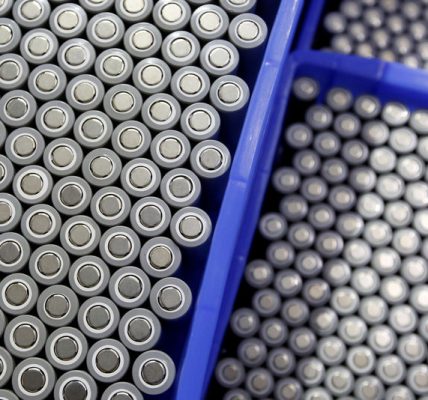(Reuters) -Australian mining giant Rio Tinto (NYSE:RIO) forecast higher consolidated mined copper production for fiscal 2025 on Wednesday, driven primarily by an anticipated 50% surge in output from its Oyu Tolgoi operation in Mongolia next year.
While Rio Tinto’s profits primarily stem from iron ore, it is shifting focus towards copper, projecting a 3% annual growth from 2024 onwards through existing projects, which not only includes the Oyu Tolgoi mine, but also partnerships with Codelco in Chile and First Quantum (NASDAQ:QMCO) in Peru.
The miner aims to reach an annual copper production of 1 million metric tons by 2030, aiming to evolve into a major player in the clean energy supply chain by focusing on high-quality, low-emission raw materials essential for energy transformation.
“We are executing our strategy of delivering a stronger, more diversified, and growing business, underpinned by our belief in the demand for materials which are essential for the global energy transition,” CEO Jakob Stausholm said.
Rio Tinto, however, projects an increase in overall capital expenditures for fiscal 2025, estimating $11.0 billion, compared to the $9.5 billion forecasted for 2024.
In October, Rio Tinto agreed to purchase U.S.-based Arcadium Lithium in a $6.7 billion deal, a strategic move set to propel it to the position of the world’s third-largest lithium miner, significantly boosting its presence in the electric vehicle battery supply chain.
The world’s largest producer of iron ore said it expects copper production in fiscal year 2025 to be 780,000-850,000 tons, compared with 660,000-720,000 tons expected in fiscal 2024.
Rio Tinto’s Rincon 3000 starter project in Argentina achieved a milestone with its first lithium production last week, paving the way for a final investment on the project by the year end.
It maintains its projected capital expenditure for decarbonisation initiatives through 2030 at the lower end of the $5-$6 billion range.





